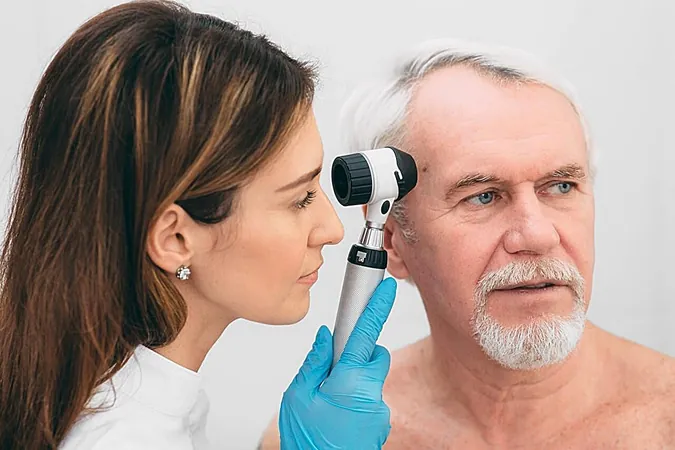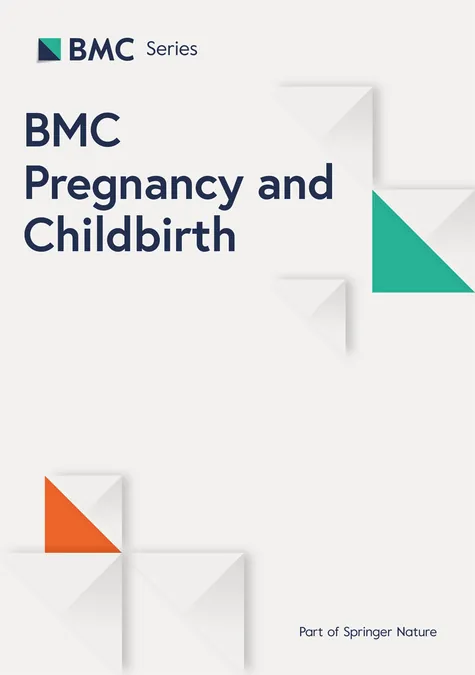
Revolutionary Find: Diabetes Drug Metformin Linked to Skin Cancer Protection!
2025-01-14
Author: Sarah
Groundbreaking Study Reveals Protective Properties of Metformin
A groundbreaking study has revealed that metformin, a widely prescribed medication for type 2 diabetes, may significantly reduce the risk of developing common skin cancers. This revelation comes from research published in the Journal of Drugs in Dermatology, which highlights the potential protective properties of this drug against basal cell and squamous cell carcinomas—two of the most frequently diagnosed types of skin cancer.
Research Findings
The research, led by Dr. Tiffany Libby, an assistant professor of dermatology at Brown University, underscores the promising data suggesting metformin users experience considerably lower risks of both basal cell and squamous cell cancers. "This study strengthens the evidence supporting metformin's potential as a protective agent against non-melanoma skin cancer," the research team concluded.
Implications for Skin Cancer Prevention
With approximately 5.4 million basal and squamous cell skin cancers diagnosed annually in the U.S. alone—80% of which are basal cell cancers—this discovery could be an important step in cancer prevention strategies. Although these skin cancers rarely lead to death—resulting in only about 2,000 to 8,000 fatalities each year—early preventive measures could significantly improve quality of life and reduce health care costs related to treatment.
Study Methodology
To conduct the study, researchers compared a control group of healthy individuals with a robust sample of over 8,000 patients diagnosed with basal cell cancer and more than 4,100 with squamous cell cancer. Each cancer patient was matched with four healthy individuals based on similar demographics, including age, race, ethnicity, and sex. The data utilized was sourced from a diverse health database maintained by the National Institutes of Health.
Key Results and Observations
The results showed that not only did metformin users demonstrate a lower risk of skin cancers after adjusting for other risk factors and medications, but they also highlighted an interesting disparity: metformin did not offer the same protective benefits to Black patients concerning squamous cell cancers. Researchers proposed that this may be due to the tendency for such cancers in these demographics to develop in sun-protected areas, influenced more by chronic scarring and inflammation rather than the effects of metformin.
Mechanism of Action
Mechanistically, it is believed that metformin could protect against skin cancer by regulating key biological pathways that limit cancer cells’ access to essential nutrients and energy, while also stifling their proliferation. Additionally, metformin appears to enhance the immune system's response to cancer and reduce inflammation, which are critical in managing tumor growth.
Call for Further Research
Given these promising findings, Dr. Libby and her team encourage further research to investigate metformin's full potential as a chemopreventive agent. As awareness grows regarding the relationship between diabetes treatments and cancer risk reduction, metformin may emerge as a dual-purpose wonder drug—offering hope for both diabetes management and skin cancer prevention.
Conclusion
Stay tuned as we follow this important development in medical science that could reshape our understanding of effective cancer prevention methods!




 Brasil (PT)
Brasil (PT)
 Canada (EN)
Canada (EN)
 Chile (ES)
Chile (ES)
 Česko (CS)
Česko (CS)
 대한민국 (KO)
대한민국 (KO)
 España (ES)
España (ES)
 France (FR)
France (FR)
 Hong Kong (EN)
Hong Kong (EN)
 Italia (IT)
Italia (IT)
 日本 (JA)
日本 (JA)
 Magyarország (HU)
Magyarország (HU)
 Norge (NO)
Norge (NO)
 Polska (PL)
Polska (PL)
 Schweiz (DE)
Schweiz (DE)
 Singapore (EN)
Singapore (EN)
 Sverige (SV)
Sverige (SV)
 Suomi (FI)
Suomi (FI)
 Türkiye (TR)
Türkiye (TR)
 الإمارات العربية المتحدة (AR)
الإمارات العربية المتحدة (AR)